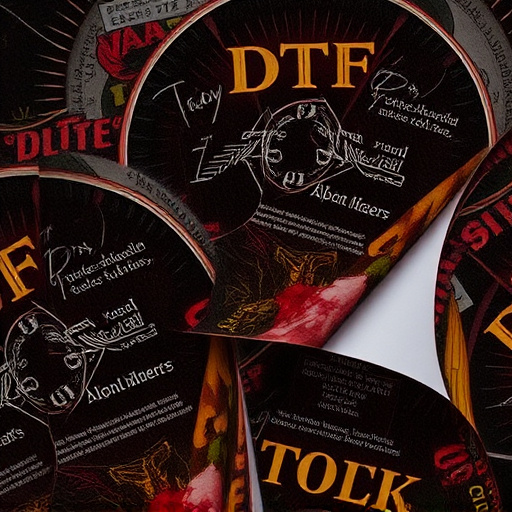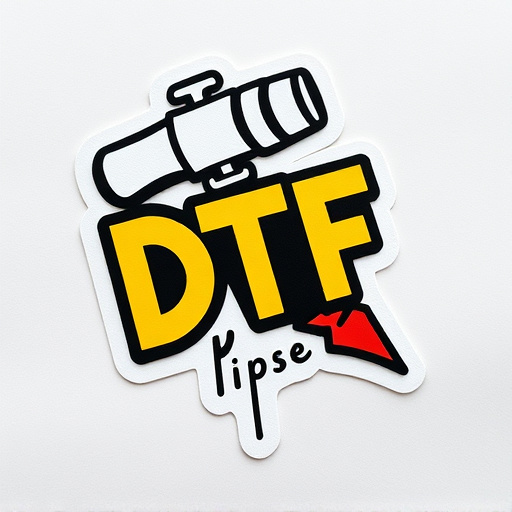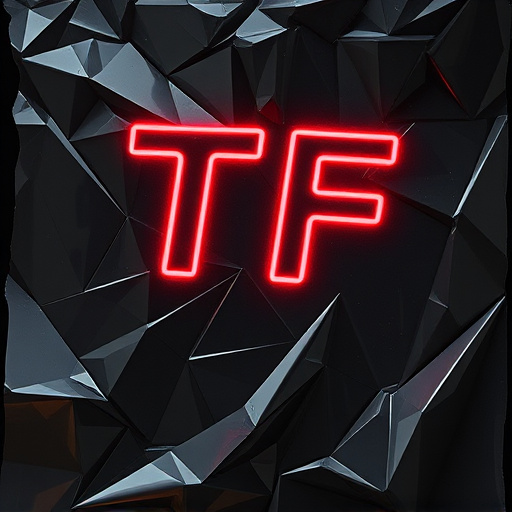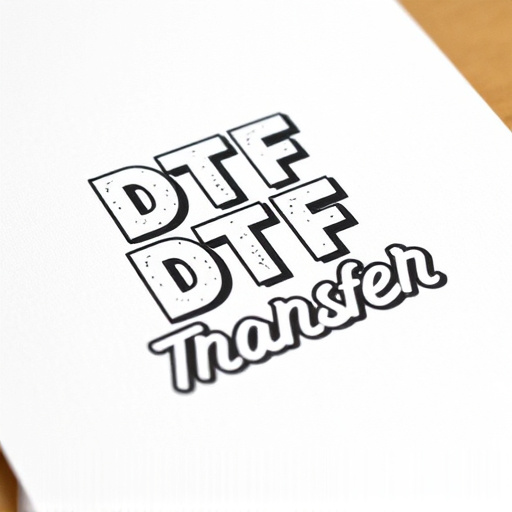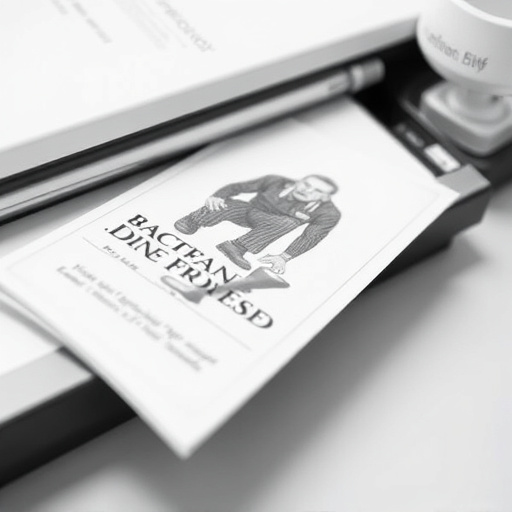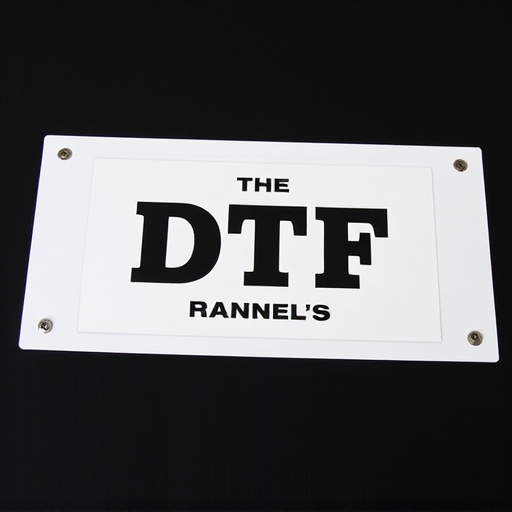DTF (Direct-to-Fabric) heat transfers are transforming small batch print orders by offering unparalleled versatility and quality, allowing intricate designs on various fabrics for unique personalized items. With exceptional print clarity, durability, and profitably handling small batches, DTF is a compelling choice in the competitive market. API performance is critical to timely order fulfillment; issues like network connectivity problems or server overload can cause delays, emphasizing the need for robust systems to mitigate interruptions.
“In today’s dynamic market, efficient and precise printing solutions are paramount, especially for small batch orders. This is where Direct-to-Garment (DTF) heat transfers shine as a game-changer. Our article explores the benefits and intricacies of DTF technology for small batch print projects.
We’ll delve into how this method enhances customization, ensures fast turnaround times, and offers unparalleled design flexibility. From navigating the process to highlighting its environmental advantages, we provide insights to help businesses make informed decisions regarding their print orders.”
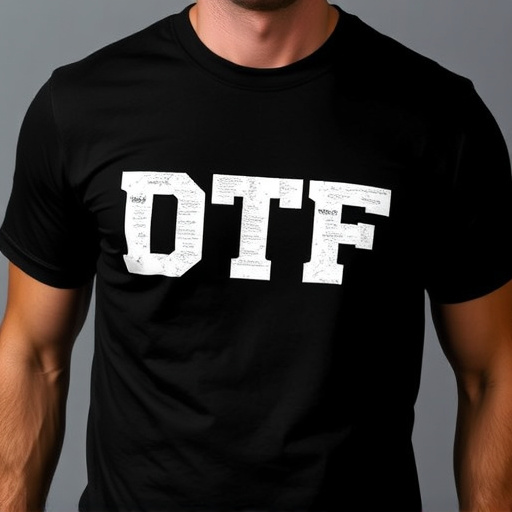
In the realm of small batch print orders, DTF (Direct-to-Fabric) heat transfers have emerged as a game-changer, offering unparalleled versatility and quality. This cutting-edge technology allows for intricate designs to be effortlessly applied to a variety of fabrics, making it an ideal solution for unique and personalized items. By using DTF heat transfers, small businesses and designers can efficiently cater to diverse customer preferences while maintaining exceptional print clarity and durability.
Unlike traditional methods that may struggle with fine details or specific fabric types, DTF technology ensures consistent results across different materials. Whether you’re printing on t-shirts, tote bags, or even moisture-wicking athletic wear, DTF heat transfers provide a crisp and vibrant finish. This versatility, coupled with the ability to handle small batch sizes profitably, makes DTF an attractive option for those seeking to create and market specialized products in today’s competitive market.
API responded with status code 504.
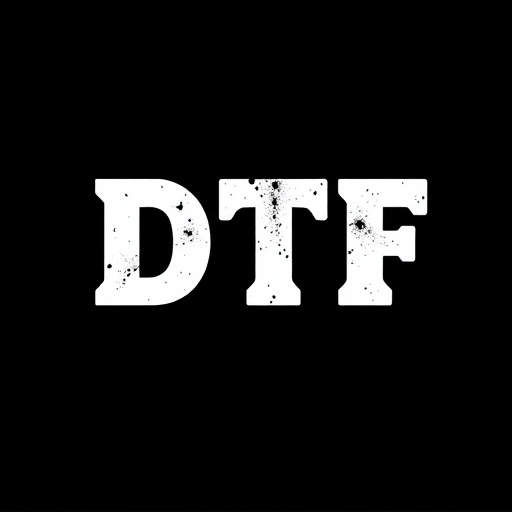
When placing small batch print orders for DTF (Direct to Fabric) heat transfers, it’s important to be aware of potential technical hurdles like the API responding with a 504 Gateway Timeout status code. This code indicates that the server acting as a gateway or proxy did not receive a timely response from the upstream server. In the context of DTF Heat Transfers, this could stem from various issues, including network connectivity problems, server overload, or even downtime at the upstream service provider.
Such interruptions can delay order processing and delivery times, emphasizing the need for print service providers to have robust systems in place to mitigate these issues. Ensuring optimal API performance is crucial for timely order fulfillment, especially for small batch prints where quick turnaround times are often a key selling point.
DTF (Direct-To-Fabric) Heat Transfers are an efficient and cost-effective solution for small batch print orders, offering high-quality results and a quick turnaround. This method streamlines the production process, making it ideal for businesses catering to diverse customer demands. By leveraging DTF technology, you can ensure a seamless and successful printing experience, delivering exceptional products that meet the unique needs of your clients.
